Legend has it that the physicist Niels Bohr had a horseshoe hanging above his door. A colleague asked him why, to which he responded, “it’s for luck.” The colleague then asked him if he believed in luck. Bohr reassured him that as a scientist he did not believe in luck. Puzzled, the colleague asked again why Bohr had the horseshoe hanging above his door. Bohr responded, “I’m told that you don’t have to believe in order for it to work.”
Bohr may not have realised it, but the same is true of prayer. We are not talking about being agnostic. The agnostic’s prayer is like watering an apparently dead plant. The plant probably will not respond, but it seems worth a try. For the atheist, such as myself, there is no great chance that God is listening or will respond, but that does not matter. One does not need to believe in God for prayer to work.
Despite being an atheist, Sam Harris has unapologetically spent time meditating with and learning from Hindus and Buddhists. This makes sense because you do not need to subscribe to any particular religion or believe in any God to meditate. Though Harris does not realise it, the same is true of prayer. It is possible to be a praying atheist, a “pray-theist” if you like. In fact, Tibetan Buddhism offers a prayer for the “four immeasurables”—loving kindness, compassion, sympathetic joy, and equanimity—that some atheists may find appealing:
Notice that no deity is invoked or petitioned. The prayer takes the form of a wish that all beings will be well. The intention is to promote the development of loving kindness, compassion, sympathetic joy, and equanimity in oneself by wishing the same for all beings.
Despite the example of the Tibetan prayer, people often describe prayer as speaking to God. We do not need to think that someone is listening to speak to them, however. We do not even have to think that they exist. Many people talk to their deceased spouses. Some may think that their spouses can hear them in the afterlife. But others just find it helpful to talk to their deceased spouses even though they do not think their spouses hear them. What, though, could be the value in speaking to someone who cannot hear you because they do not exist?
___
"Prayer for the atheist can be like singing in the car or in the shower. No one is listening, and that is just fine."
___
Consider the value of writing a letter to a deceased parent. The parent certainly will not read it, but the letter may be beneficial to the writer as a way of clarifying and expressing emotions such as loss, regret, anger, or forgiveness. Prayer can likewise be a vehicle of expression.
Some people may express themselves in discussion with friends and family; others in making art or listening to music. For some, writing in a journal is all the expression they need. Prayer, though, has a performative dimension that makes it effective and appropriate for expressing thoughts and feelings. So, prayer for the atheist can be like singing in the car or in the shower. No one is listening, and that is just fine.










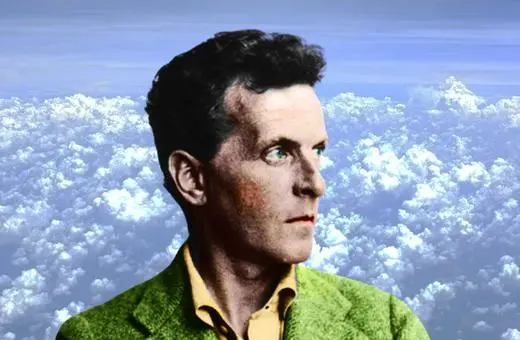
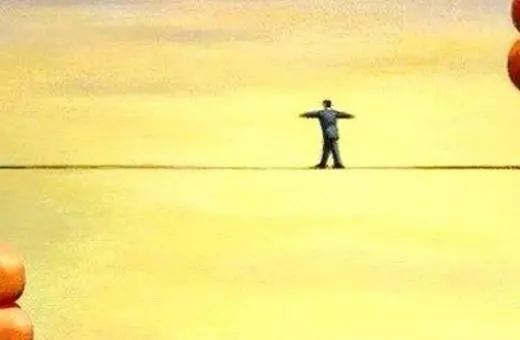


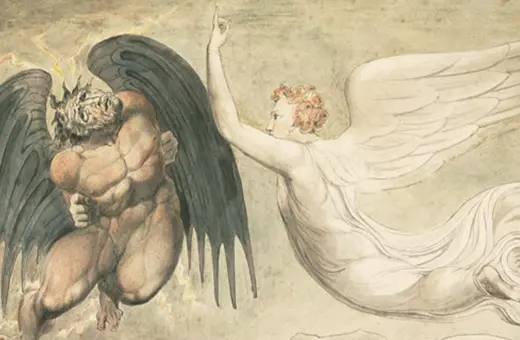

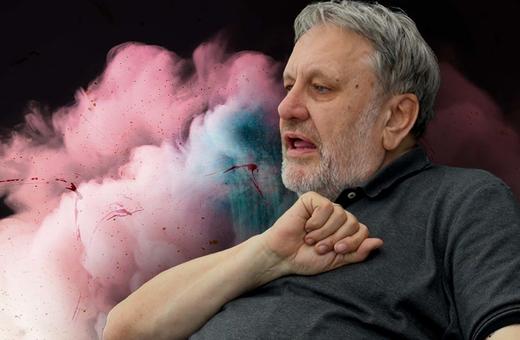
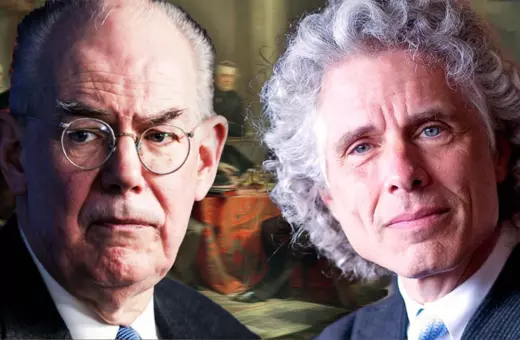



Join the conversation